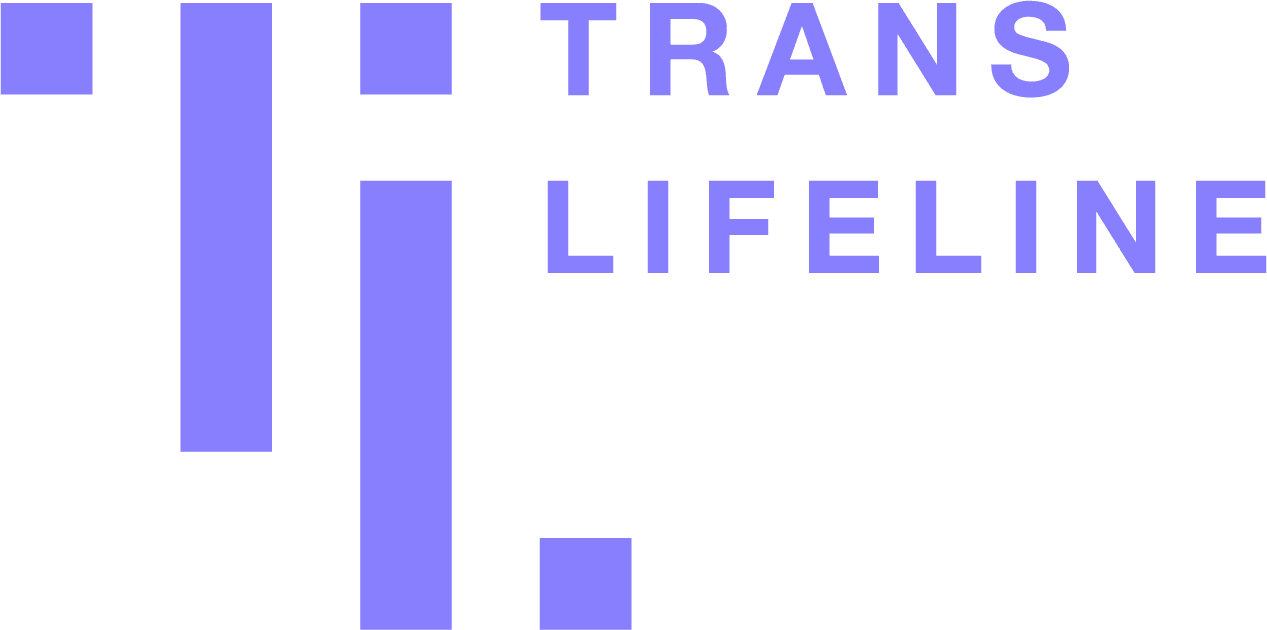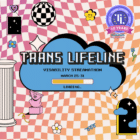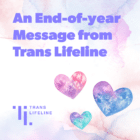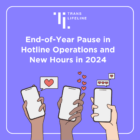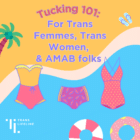La extensión en español de la línea directa de Trans Lifeline se lanza el 1 de julio / Trans Lifeline’s hotline is going bilingual!
La extensión en español de la línea directa de Trans Lifeline se lanza el 1 de julio / Trans Lifeline’s hotline is going bilingual!
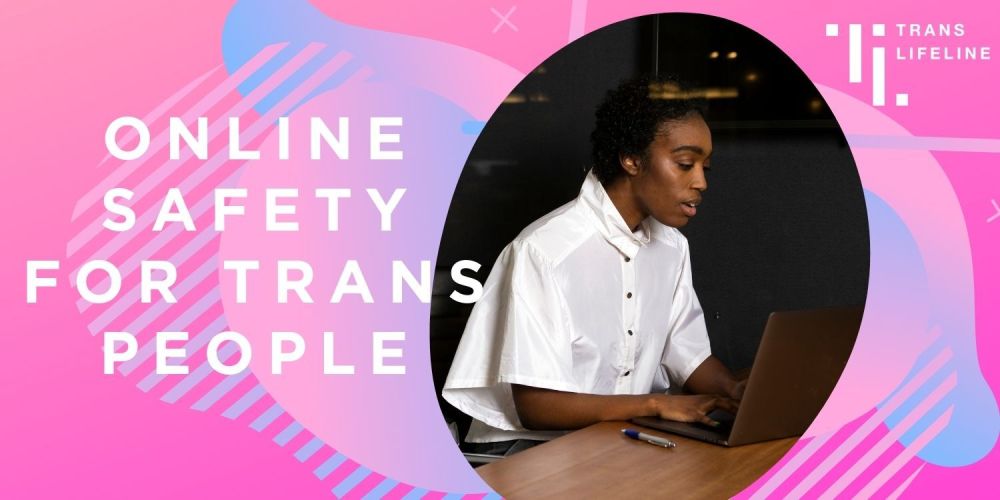
6/29/2020
Artículo original en inglés por Eliot Olson. Traducción y edición en español por Gaela Solo.
Gaela Solo es una operadora voluntaria bilingüe de Trans Lifeline, un servicio comunitario operado enteramente por gente transgénero en los Estados Unidos y Canadá para su comunidad.
Anunciando nuestra nueva extensión en español
De 2018 a 2019, los operadores de Trans Lifeline respondieron 23 veces más llamadas en español. Tuvimos un aumento del 386% en las llamadas que la persona que llama dice que son Latinx, y un aumento del 146% en las llamadas de inmigrantes, incluidos aquellos en los centros de detención.
Ahora en su sexto año de operación, empezando este verano en el 1ero de julio, Trans Lifeline lanzará una extensión exclusivamente en español para nuestra comunidad transgénero Latinx e hispanohablante.
Nuestra línea
Desde el año 2014, la línea directa de Trans Lifeline ha suplido apoyo comunitario y de crisis para la gente transgénero en los Estados Unidos y Canadá, además recibiendo llamadas por otros países del mundo. Nuestra línea se diferencia signíficamente sobre otros recursos en teniendo un equipo solo de gente transgénero. Lo más notable es nuestro rechazo del rescate activo: Nunca involucramos a la policía ni a servicios de emergencia sin el consentimiento explícito de nuestros llamadorxs. Agrega IV Staklo, directxr de programas,
<<Además siendo todos transgénero, también somos anónimos e confidenciales. Nuestra prioridad es en hablar de lo cualquiera que sea importante para tí, de persona trans a cada mismo.>>
La necesidad de nuestra gente trans latinx e inmigrante
Trans Lifeline reconoce la grán necesidad de ayuda que nuestra gente trans Latinx e inmigrante requiere. Dice Staklo, <<Nuestra gente trans Latinx e inmigrantes han tenido altos riesgos de violencia en el empleo, las viviendas y el cuidado de la salud. … El trabajo de Trans Lifeline no es solamente del apoyo de nuestra comunidad sino de coger recursos.>>
Nuestras estadísticas indican esto: Los dos temas más comunes de nuestras llamadas en español son sobre la violencia de parte de la policía y la necesidad de ayuda legal.
Entonces es imperativo que nosotros suministremos un espacio comunitario, clasificado e bilingüe, además que sea libre de la policía, ICE/CBP e otras autoridades que arriesgan un peligro para todos nosotros.
Dice T Peña, coordinadxr de servicios bilingües,
<<En remover el obstáculo del idioma inglés, asegurando que los recursos que ofrecemos están llendo a la gente que los necesiten más.>>
Agrega Álvaro Gamio Cuervo, un operadxr bilingüe con experiencia en la salud mental e clínica, <<Por causa de ser anónimos y no usar el rescate activo, la gente trans Latinx e inmigrante se siente más segura en llamarnos y ser vulnerables sin miedo de consecuencia.>>
¿Cómo servirá la extensión española?
Nuestros llamadorxs pueden llamar a las líneas directas de Trans Lifeline: 877–565–8860 en los Estados Unidos y 877–330–6366 en Canadá. Siguiendo el mensaje de introducción, oprimen el número 1 para inglés o 2 para español. Nuestro equipo los conectarán con un operadxr que hable cualquier idioma que prefieren. Si no hay ningún operadxr hispanohablante disponible para recibir su llamada, la extensión les dejarían grabar un mensaje y recibirán una llamada en respuesta por un operadxr hispanohablante lo más pronto posible.
Nuestras pólizas se quedarán lo mismo que siempre: Todos los operadorxs serán gente transgénero. La línea será anónima e confidencial, y No practicaremos el rescate activo (llamando al 911, la policía o los servicios de emergencia) sin su solicitud y consentimiento.
¿Cómo pueden ayudar o involucrarse con nosotros?
Hagan clic aquí para hacer de voluntario de Trans Lifeline. Requerimos a nuestros operadorxs hispanohablantes que sean personas transgénero, bilingües con fluencia en ingles y español, de edad 18 o alto, viviendo en los Estados Unidos o Canadá, y con acceso a un teléfono y al internet.
Si son personas cisgénero y tienen experiencia en apoyar a la comunidad trans, Trans Lifeline tambien ofrece otras oportunidades voluntarias en ayudar la gente cis a mejorar su apoyo de la comunidad trans.
La última palabra
Dice T Peña, <<Si eres una persona trans de alguna otra comunidad marginalizada quien habla español y quiere ayudar a nuestra comunidad trans Latinx, te queremos aquí.>>
Nosotros entendemos que en este tiempo de pandemia e crisis sociopolítica hay pocos recursos disponibles. Por esto, estamos tomando los primeros pasos de muchos al abrir nuestra línea lo más posible para todxs nosotros.
by Eliot Olsen
Eliot Olson (he/him) is a volunteer at Trans Lifeline, a trans-run organization offering emotional and financial support to trans people across the US and Canada.
This summer, Trans Lifeline’s hotline is launching a Spanish language extension. Since 2014, we’re the only national hotline operated entirely by trans people. We provide peer and crisis support across the US and Canada, and regularly receive calls from other countries. However, until this year, the line hasn’t featured built-in options for speaking to an operator fluent in a language other than English. Offering peer and crisis support from Spanish speaking trans operators creates a new level of accessibility and community for monolingual Spanish speakers.
In the last two years, Trans Lifeline’s hotline has received a massive uptick in calls from people who speak Spanish.
From 2018 to 2019, Trans Lifeline operators answered 23 times more calls tagged as Spanish language. We experienced a 386% increase in calls tagged Latinx, and a 146% increase in calls from immigrants — including those in detention centers.
As anti-immigrant and anti-trans sentiment becomes increasingly codified in US state and Federal law, the only national hotline operated entirely by trans people is stepping up to respond.Our hotline stands out among others in many ways. The Hotline’s Program Director IV Staklo says:
Besides all of our operators being trans, we are entirely anonymous, confidential and informed consent based. This means that we will never call emergency services on you unless you ask us to, and our priority is to talk about whatever is important to you — trans person to trans person.
Trans people, immigrants, and people of color — particularly people who stand at the intersection of these identities — are at an especially high risk of suffering harm at the hands of law enforcement, ICE, detention staff, and emergency responders. Thus, we used the first hotline-specific grant we received to expand services for monolingual Spanish speakers. T Peña, the hotline’s bilingual services coordinator, says: “By removing this language barrier, we are making sure that the resources we offer go directly into the hands of the people that most need it.”
How will the Spanish extension work?
The numbers for the hotline will remain the same. US: 877–565–8860 and Canada: 877–330–6366. Callers will now select 1 for English or 2 for Spanish and be connected with a trans operator who speaks the language they selected. When call volume is high, the Spanish extension will also allow you to leave a voicemail and receive a callback from a Spanish-speaking operator.. All of our policies on the extension will remain the same: all operators are trans, the line is anonymous and confidential, and the no nonconsensual active rescue policy remains in place.
A critical time for our community
Staklo says: “Even prior to the current administration, trans Latinx people and immigrants have faced higher risks of violence in employment, housing, healthcare and accessing resources. There are higher rates of abuse from the state and inside institutions. This hotline’s work is not just about peer support, but also about accessing resources. One part of building out this program is creating a reliable and trustworthy resource database, as well as building partnerships with Latinx and immigrants’ LGBTQ organizations that do similar work.”
In a country that increasingly invests massive resources into violently targeting trans people of color and immigrants, trans Latinx folks are presented with particular barriers. Today, our communities are grieving and fighting back in the face of police violence against Black and Brown people. With police, CBP and ICE patrolling protests and public spaces alike, trans BIPOC (Black, Indigenous, people of color) reiterate the need for culturally relevant emotional support spaces free from both clinical interventions and the threat of authorities.
Álvaro Cuervo, a bilingual staff operator with a background in clinical mental health work, says: “Offering this service can even have an effect on how people think about immigration, racial justice issues and trans issues. The work we do on the line is very different because of that no active rescue policy. Folks feel more comfortable calling our line and speaking to a stranger instead of a mental health provider. Once you take away the fear of being hospitalized and institutionalized, people are able to be more vulnerable.” Call statistics back this up. Two of the most common themes that come up on calls tagged as Spanish language are police violence and the need for legal aid.
How can you help?
To become a volunteer operator, check out volunteer opportunities here. Requirements in English or Spanish are: identifying as trans, being 18 or older, living in the US or Canada, having access to a phone and internet, and being fluent in the language in question.
Peña says:
We need to ensure that our BIPOC communities are being helped with this resource we have. If you are a BIPOC trans person who speaks Spanish who wants to give back to the community, I want you here.
If you are cisgender and have experience supporting trans loved ones, the line also needs volunteer operators who help other cis people learn to better support trans loved ones.
We are excited to launch this new service, and with it hope to continue to build bridges and erase barriers throughout our community by supporting each other in a time of struggle. If you have any questions or want to reach our department, you can reach us at: [email protected].
Recent
- Press Release: Trans Week of Visibility Streamathon

- An End-of-year Message from Trans Lifeline

- Navigating Change: Trans Lifeline Initiaties Restructure for Long-Term Resilience

- End-of-Year Pause in Hotline Operations & New Hours in 2024

- Tucking Guide for Trans Femmes, Trans Women & AMAB

